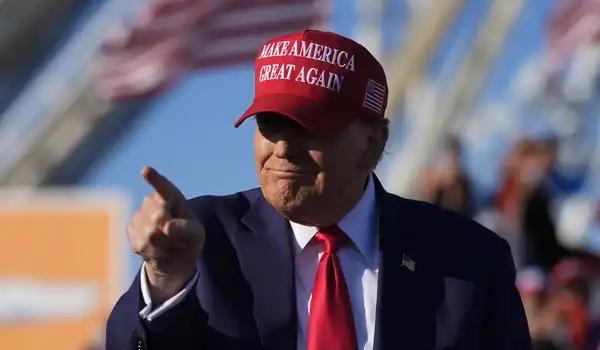Trump's EV Tax Credit Cut: Impact on Tesla and Auto Industry
Trump’s transition team plans to eliminate the $7,500 electric vehicle tax credit in the US, causing automaker stocks to plummet. This policy shift could reshape the EV market dynamics while potentially strengthening Tesla’s dominant position.

The recent announcement of Trump’s transition team to eliminate the $7,500 electric vehicle tax credit has sent shockwaves through the automotive industry. This tax credit, originally established under the Inflation Reduction Act, has been a significant catalyst for EV adoption in the United States market.
The policy change would affect 23 American-made vehicles currently eligible for the full credit, including seven Tesla models. The immediate market reaction saw automotive stocks tumble, with Tesla experiencing a notable 5% drop, wiping billions off its market value.
Musk’s support for this policy shift reveals a strategic calculation. While the tax credit elimination might temporarily impact Tesla’s sales, it could prove devastating for Tesla’s competitors, particularly newer EV startups and traditional automakers transitioning to electric vehicles. These companies, operating on thinner margins and lacking Tesla’s established market position, rely heavily on tax incentives to maintain competitive pricing.
Tesla’s market dynamics suggest resilience to this change. The company has already reached the 200,000-unit threshold for tax credit eligibility and commands nearly half of the US electric vehicle market share. Unlike its competitors, Tesla’s global presence, particularly in China and Europe, provides alternative growth markets to offset any domestic slowdown.
This policy shift could trigger an industry-wide consolidation. Smaller EV manufacturers and startups, already struggling with profitability, may find it increasingly difficult to survive without government support. Traditional automakers' EV programs might also face setbacks, potentially slowing their transition from combustion engines.
Market data shows Tesla’s strategic advantage. While Tesla’s October 2024 US sales grew by 5.1% to 49,000 units, placing ninth in overall vehicle sales, the company’s established manufacturing scale and brand strength position it to potentially gain market share as competitors struggle with higher costs and reduced demand.
The broader implications extend beyond immediate market dynamics. This policy shift could significantly impact America’s position in the global EV race, particularly as other regions maintain or increase their EV incentives. The domestic auto industry faces a critical juncture, balancing traditional manufacturing interests against the global transition to electric mobility.
The relationship between Tesla’s competitive position and government policy highlights a complex interplay of market forces and political decisions. While the tax credit elimination might create short-term market disruptions, it could accelerate the industry’s natural selection process, potentially leaving fewer but stronger players in the US electric vehicle market.